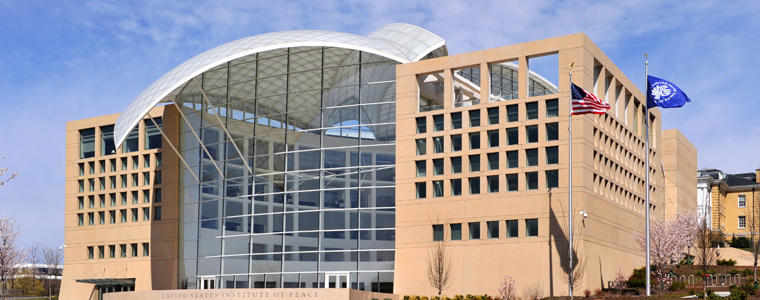USIP Hosts U.N. Special Representative for Afghanistan
The U.S. Institute of Peace (USIP) on December 13 hosted Ján Kubiš, the special representative of the secretary-general and head of the United Nations Assistance Mission in Afghanistan, for discussions at USIP in Washington.

The U.S. Institute of Peace (USIP) on December 13 hosted Ján Kubiš, the special representative of the secretary-general and head of the United Nations Assistance Mission in Afghanistan, for discussions at USIP in Washington. Kubiš, a Slovak diplomat appointed to the post last year by U.N. Secretary-General Ban Ki-moon, reviewed political and diplomatic developments in Afghanistan for a group of USIP and other specialists. The discussion focused on the country’s evolving political situation, prospects for progress on peace and reconciliation and the future role of the United States in the region and as a strategic partner of Afghanistan. The meeting included Andrew Wilder, the director of USIP’s Afghanistan and Pakistan programs, and Scott Smith, the deputy director of its Afghanistan program.



